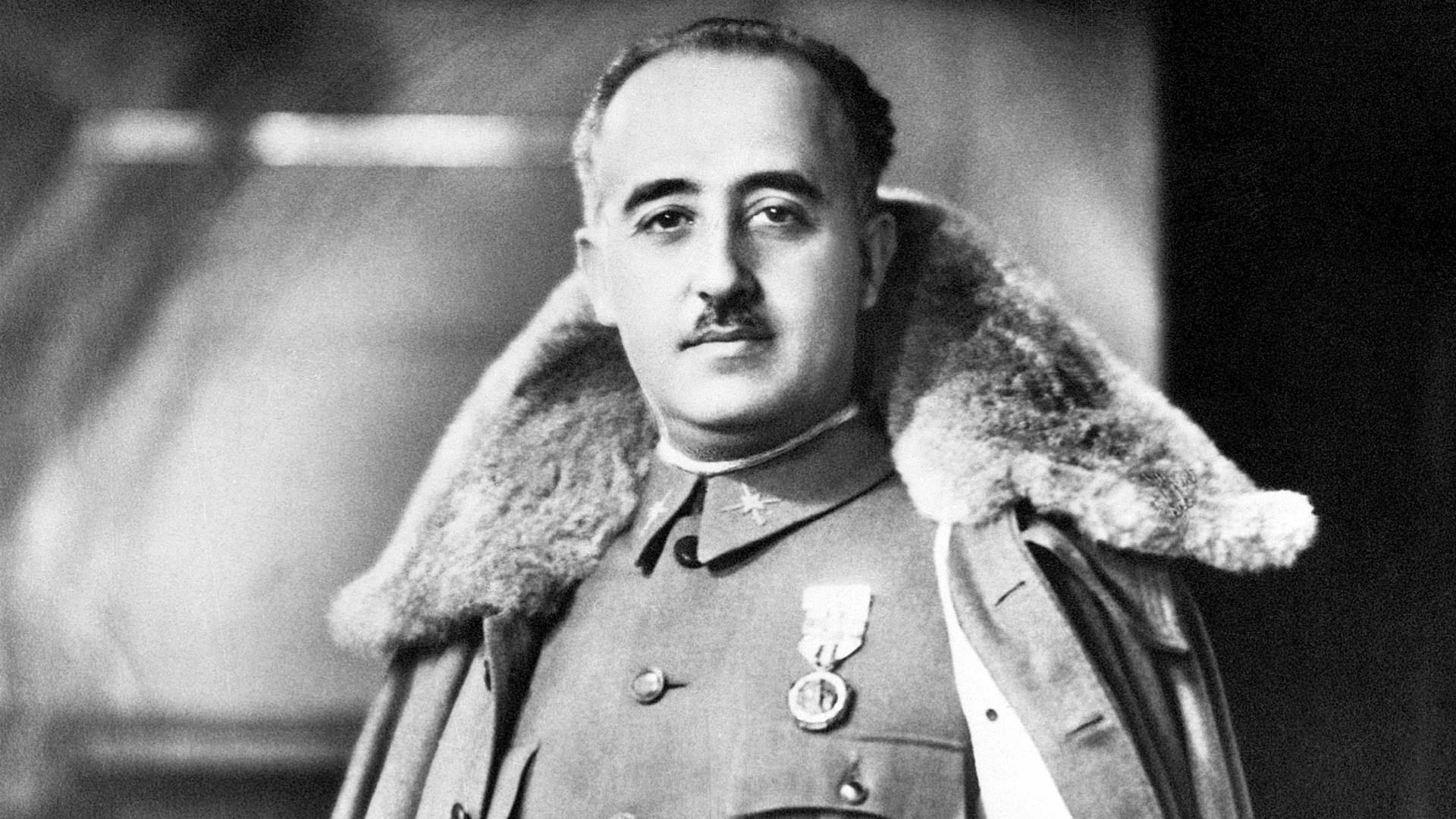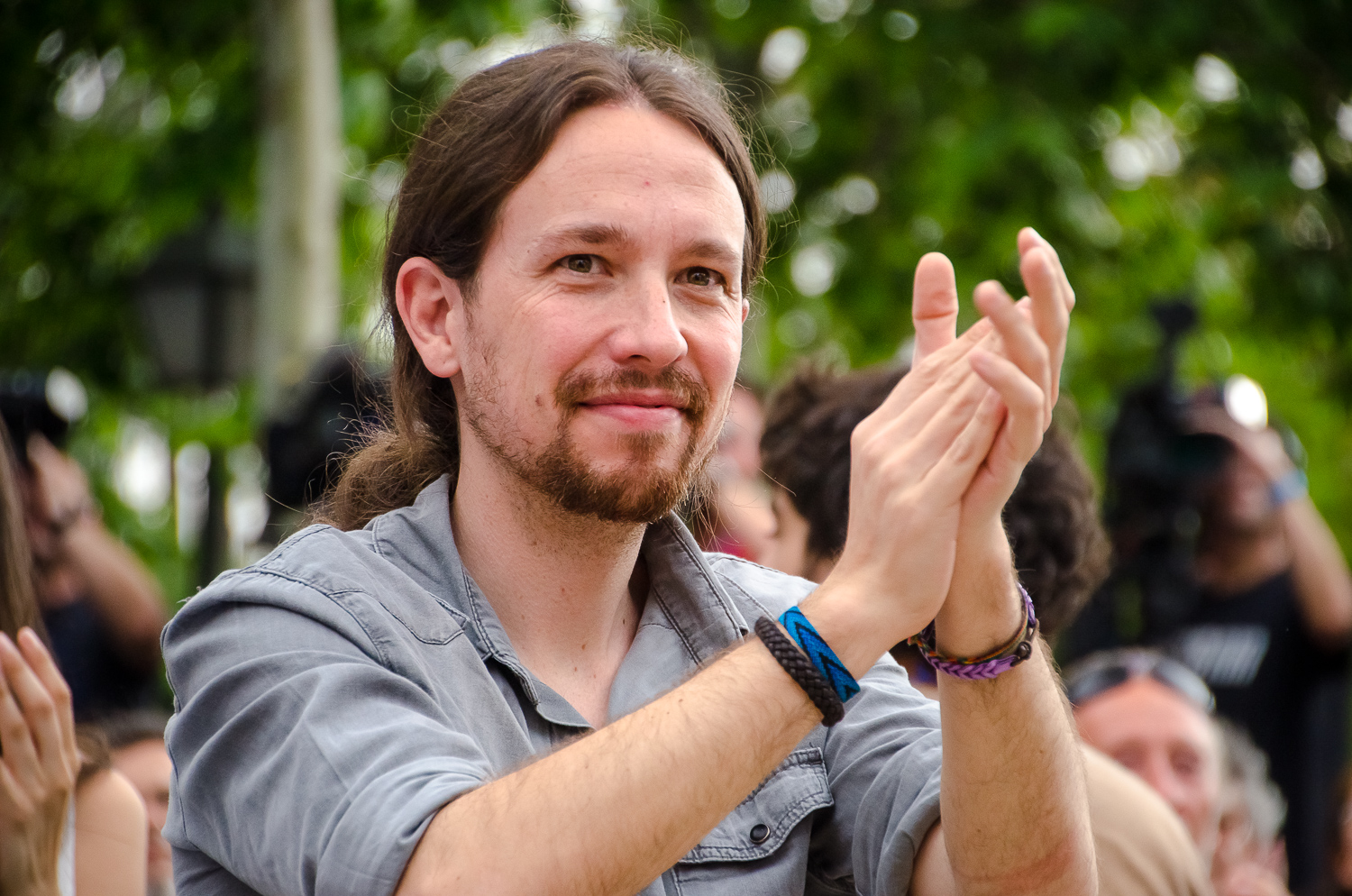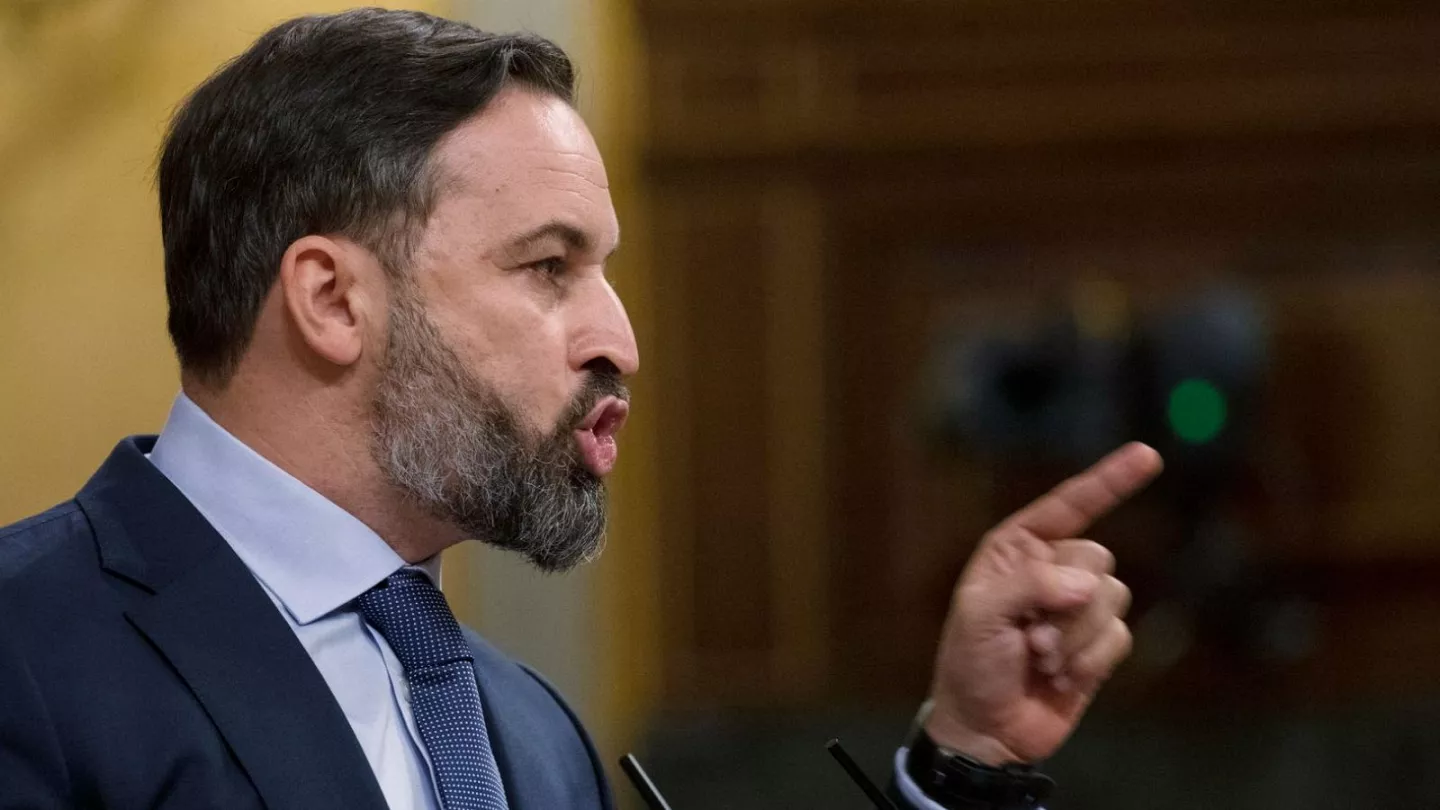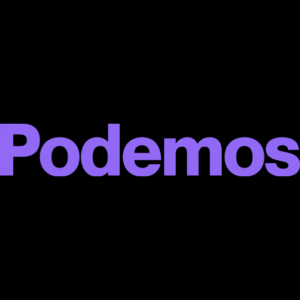Podemos (We Can) was established in 2014 by Pablo Iglesias, emerging from the anti-austerity protest movement of the early 2010s. It achieved significant success in the European Parliament election in 2014 and gained representation in the national parliament a year later. In the mid-2010s, alongside Syriza in Greece, Podemos was viewed as one of the prominent examples of a new emerging populist left. Subsequent to a hung parliament, new elections were conducted in 2016, during which Podemos formed an electoral coalition with IU called Unidos Podemos (UD).
In the 2019 election, Podemos experienced a setback but, despite this, after lengthy negotiations, they eventually managed to enter into a coalition government with the PSOE. For the PSOE, it was a significant step to finally admit Podemos, and they tried to find ways to limit their participation, such as demanding that they could only nominate “experts,” not politicians, as ministers. Particularly, Podemos support for Venezuela was highlighted as compromising, as well as their support for Catalan separatists.
Podemos is characterised as a broad coalition of diverse left-wing movements. Originally, the party was distinctly populist, drawing inspiration from figures like Hugo Chavez. The cooperation with the Social Democrats in government led to a moderation, and the classification of the party as populist has been disputed since then.
Iglesias left politics in 2021. The following year, Yolanda Diaz formed Sumar, a green and leftist electoral platform that brought together Podemos, IU and several other leftist, progressive and green parties. They competed in the 2023 election together and got 12 percent. Late in 2023, Podemos left Sumar, while Sumar together with IU and PCE joined a left-wing government under the leadership of PSOE.









